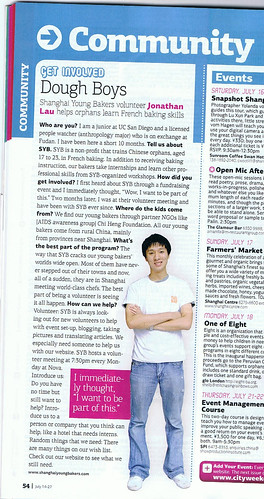 |
| Robert Scoble |
Father down the line the phone will be able to communicate with various other surrounding objects via different radios. This could mean that the phone will know immediately when the user gets into his car, via Bluetooth or RFID and then proceed to serve up the relevant traffic information. Even farther down the line, will be the elimination of the phone and the advent of wearable technologies that will be able to actively recognize and interact with the surrounding environment.
In essence, Scoble states that the future of technology will be about putting the user in context. Taking into account user behavior, time, place and environment, technology will be serving users immediately relevant information.
When Scoble said context, I was reminded that I had heard and even seen this executed just a month ago at Startup Weekend San Diego (SWSD). At SWSD Qualcomm offered cash prizes for teams that best integrated Context.Beta SDK (now called Gimbal) into their products. The Context SDK developed at Qualcomm Labs was in beta at the time, but it did almost everything that Scoble said was coming up in the future. In addition, Breadcrumbs, the app that won Qualcomm's grand prize was an app that constantly tracked the user and then served him with immediately relevant information. It seems the future was a lot closer than Scoble thought.
The cool part of this story is that immediately after the Scoble talk, I went back to my office and tweeted Scoble and Roland, the project manager for the Context.Beta SDK/Gimbal.
I did not think much of it, especially since Scoble never retweeted or mentioned me, but the next day I see this on Scoble's blog:
Today I was talking with Roland Ligtenberg, product developer at Qualcomm Labs. While talking with me I realized just what Qualcomm was up to.Even though nobody knows, it feels pretty damn cool to have connected Scoble with Roland to make that blog post happen.



